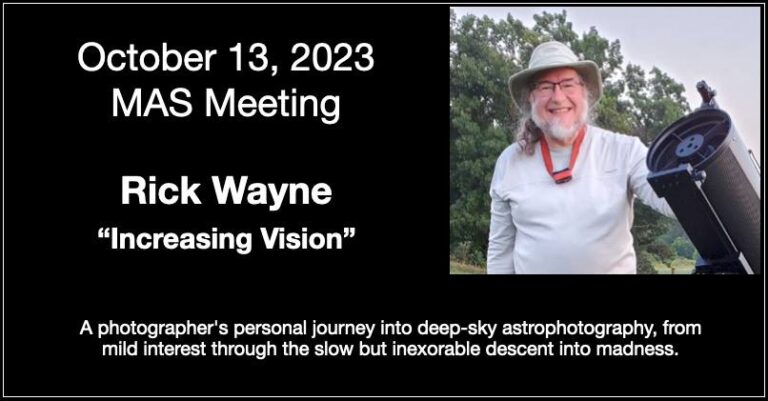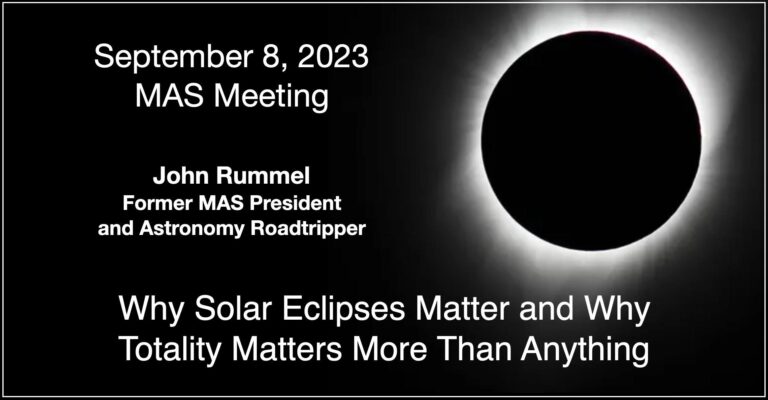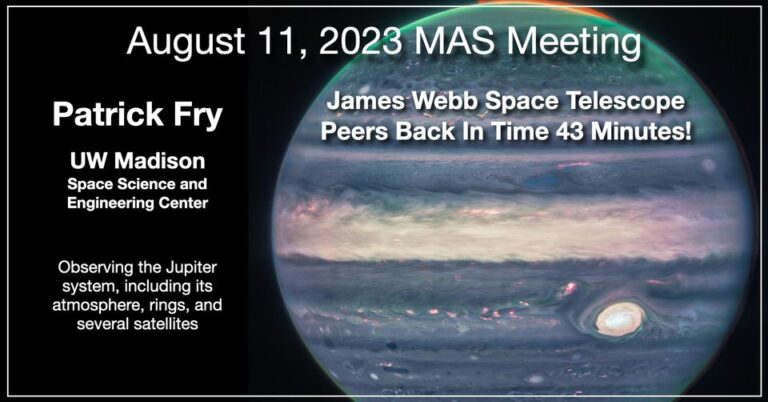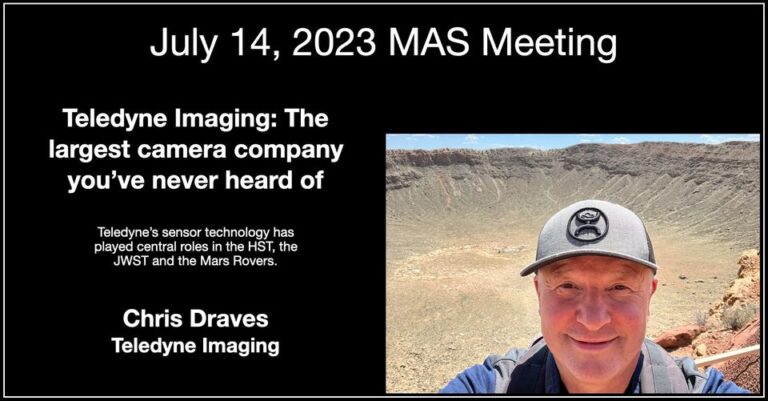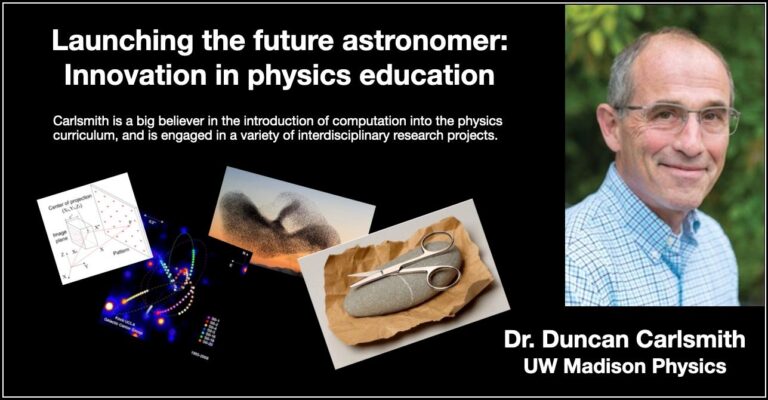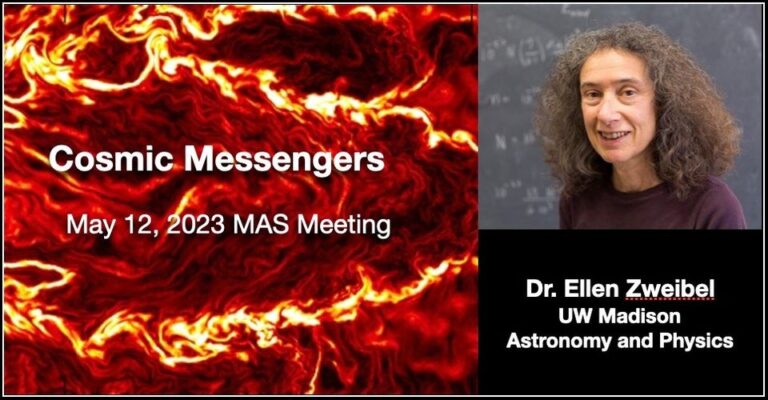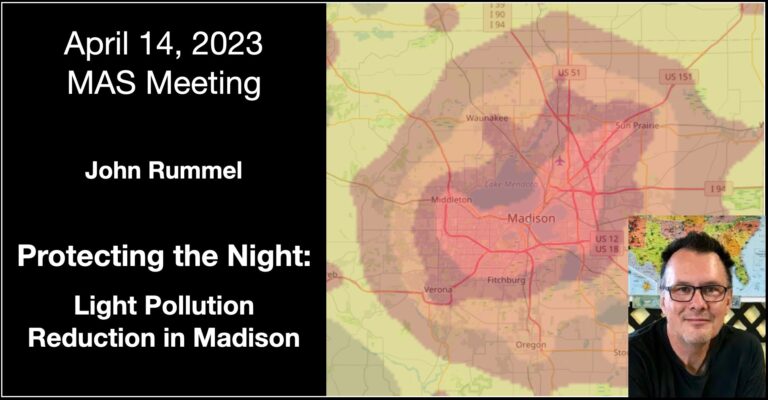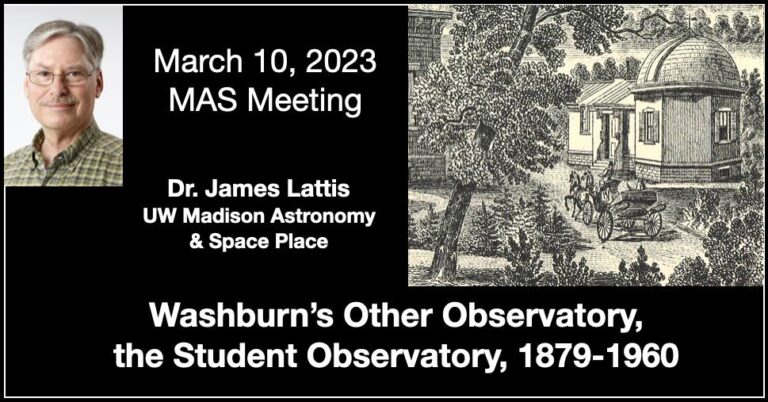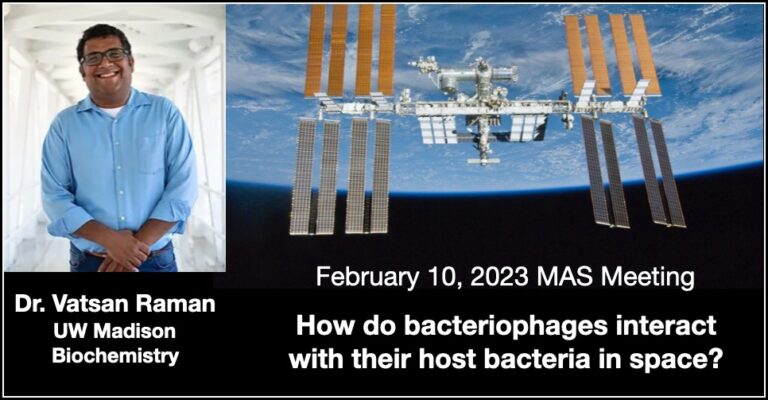Friday October 20, 2023, 7:00pm-9:30pm – Monona Terrace Conference Center

FREE and Open to the Public
For more information, and to get your FREE tickets, visit: https://www.mononaterrace.com/event-group/moonmononaterrace/
FREE ticket required for admission. Tickets are required for all attendees; subject to venue capacity and are issued on a first come first serve basis. There is a limit of 8 tickets per patron.
Explore the surface of the Moon and other celestial objects through telescopes provided by MAS members.
Young and old alike are invited to view the Moon and other celestial objects, such as Jupiter and Saturn, through a multitude of different telescopes provided by the Madison Astronomical Society (MAS). Activities include short kid-friendly presentations about the moon and other celestial phenomena, plus a kids’ fun zone with educational games and prizes!
